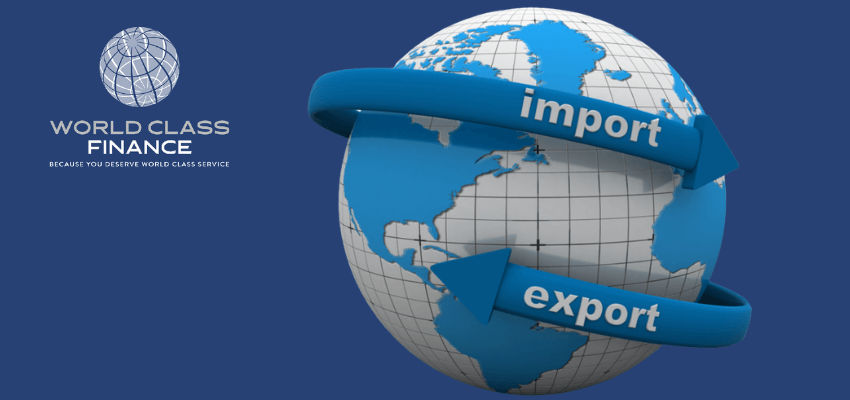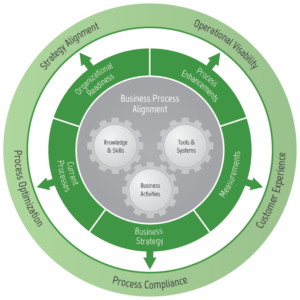Greetings, dear readers! Embark on a captivating journey into the dynamic world of business trade financing. As the lifeblood of global commerce, this financial mechanism propels businesses forward, enabling them to seize opportunities, expand their reach, and fuel economic growth. In this article, we’ll delve into the intricacies of trade financing, exploring its various forms, benefits, and the crucial role it plays in facilitating seamless international trade. Get ready to discover how businesses harness this financial tool to unlock their growth potential and contribute to the interconnected tapestry of global business.
Trade Financing: Understanding the Basics
What is Trade Financing?
Trade financing refers to a range of financial instruments designed to support and facilitate international trade transactions. It involves providing funding or other credit facilities to importers or exporters to enable them to engage in international business activities. Trade financing is essential in global commerce, as it helps overcome financial and risk-related barriers that may hinder cross-border transactions. It plays a crucial role in supporting businesses, particularly small and medium-sized enterprises (SMEs), which may not have the resources or creditworthiness to engage in international trade on their own. Trade financing provides access to necessary funds, reduces risk, and streamlines the process of international trade.
Types of Trade Financing
There are various types of trade financing instruments available to meet the diverse needs of importers and exporters. Each type offers its own unique features and benefits, making it suitable for different trade scenarios. Common types of trade financing include:
- Letters of credit (LCs): LCs are legally binding commitments issued by a bank, acting on behalf of an importer, to pay a specified amount to an exporter upon the presentation of certain documents evidencing the shipment of goods or services.
- Bank guarantees: Bank guarantees are written undertakings issued by a bank, on behalf of an importer or exporter, to guarantee the performance of specific contractual obligations in a trade transaction.
- Open account trading: Open account trading is a form of trade financing where goods are shipped without any prior payment or formal financing arrangement. It relies on trust and established relationships between the parties involved.
Benefits of Trade Financing
Reduced Risk
Trade financing helps to mitigate the financial risks associated with international trade, which can be especially beneficial for small and medium-sized businesses. For importers, it provides peace of mind by ensuring they have the necessary funds to cover their purchases, even if there are delays or complications. Similarly, for exporters, trade financing can protect their cash flow by providing them with a buffer against potential defaults by buyers.
Improved Cash Flow
Trade financing allows importers to take advantage of extended payment terms, reducing the strain on their cash flow. This is particularly advantageous for businesses operating in industries where payment cycles are long, such as commodities or manufacturing. Exporters, on the other hand, can benefit from early payment options, which can accelerate their cash flow and improve their liquidity.
Increased Sales
Trade financing can help businesses expand into new markets or increase their trade volume. Importers can take advantage of opportunities in different regions by using trade financing to secure the financial resources needed to make purchases from new suppliers. Exporters can also benefit by leveraging trade financing to provide flexible payment options to their customers, making their products or services more competitive.
Considerations for Trade Financing
Eligibility Criteria
The eligibility criteria for trade financing may vary depending on the financing provider and the country in which the transaction is taking place. However, some common factors that may be considered when determining eligibility include the applicant’s creditworthiness and trade history. A strong credit history, good financial performance, and positive references from previous trade partners can all improve an applicant’s chances of securing trade financing.
Documentation Requirements
In order to process a trade financing application, the applicant will typically be required to provide certain documentation, such as invoices, packing lists, and shipping documents. These documents provide details about the transaction and help the financing provider assess the applicant’s risk profile. The specific documentation required may vary depending on the type of financing being applied for, but it is important for applicants to have these documents ready to submit in order to expedite the application process.
Costs
Trade financing can involve various costs, including fees, interest rates, and documentation charges. Fees may be charged for the processing of the application, the setting up of the trade finance facility, and the management of the account. Interest rates are charged on the amount of financing provided, and the specific rate may vary depending on the applicant’s credit risk and the market conditions. Documentation charges may be incurred for the preparation and legalization of certain documents, such as invoices, packing lists, and shipping documents.
It is important to carefully review the terms and conditions of the trade financing agreement to understand the full scope of the costs involved. By doing so, applicants can make an informed decision about whether the benefits of trade financing outweigh the associated costs.
Finding Trade Financing Options
There are various avenues available to businesses seeking trade financing solutions. Each option offers unique advantages and limitations, catering to the specific needs of importers and exporters.
Banks and Financial Institutions
-
Features:
- Provide a comprehensive suite of trade financing products, including letters of credit, factoring, and export credit insurance.
- Established relationships and expertise in international trade.
- Offer competitive interest rates and flexible repayment terms.
- May require strong credit history and collateral.
-
Benefits:
- One-stop shop for trade financing services.
- Access to a wide range of financing options.
- Support from experienced professionals.
-
Drawbacks:
- Can be time-consuming and complex to apply for financing.
- May have stricter eligibility requirements.
- Fees and interest rates can be higher compared to other options.
Government Agencies
-
Features:
- Provide financing and support to exporters and importers.
- Offer a range of programs designed to promote international trade.
- Typically have lower interest rates and more favorable terms.
- May require specific criteria and documentation.
-
Benefits:
- Access to funding and support from government entities.
- Favorable financing terms and interest rates.
- Encouragement of export-oriented activities.
-
Drawbacks:
- Limited availability of funds and programs.
- Process can be lengthy and bureaucratic.
- May have specific eligibility requirements and restrictions.
Trade Finance Brokers
-
Features:
- Connect businesses with potential financing providers.
- Offer a wide network of lenders and investors.
- Provide guidance and expertise in trade financing.
- Typically charge a fee for their services.
-
Benefits:
- Access to a broader range of financing options.
- Time-saving and convenient process.
- Assistance from experienced professionals.
-
Drawbacks:
- May incur additional fees.
- Limited control over the financing process.
- May not always have the best interest of the business in mind.






+ There are no comments
Add yours